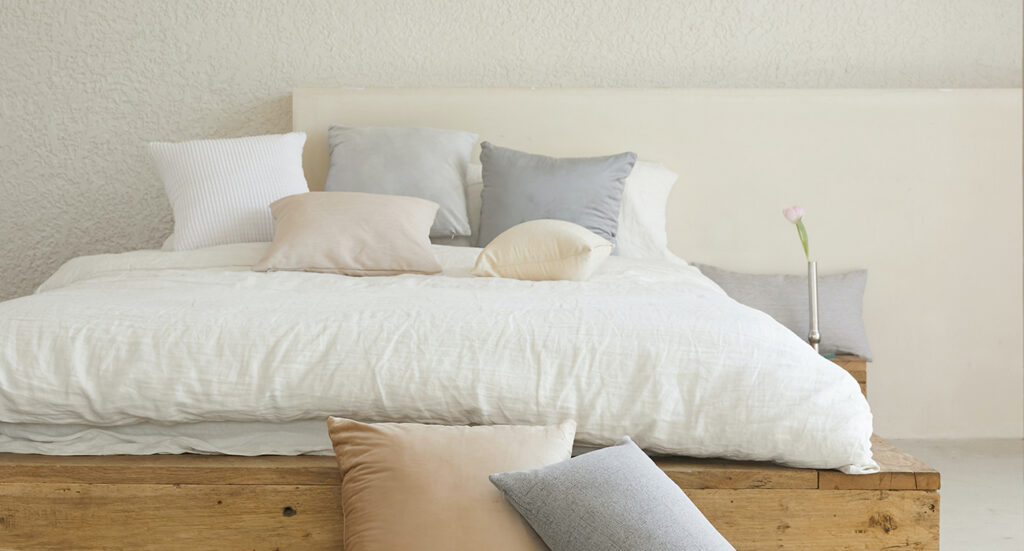How to Achieve Better Sleep
Friday 18th March 2022 marks this year’s #WorldSleepDay. A day created to help raise awareness of the importance of looking after our sleep health.
A vast quantity of the population suffer from poor quality sleep, or lack of sleep altogether. This can have detrimental effects on motivation, productivity, stress and overall mental health. The good news though, is that getting better sleep is achievable by following a few simple steps.
Andy Romero-Birkbeck, Director and Founder of We Are Wellbeing, runs us through his techniques for achieving better night’s rest. He details his own experiences with sleep deprivation and what goes into his essential bedtime routine. He also offers a sample of We Are Wellbeing’s Better Sleep seminar and how contacting We Are Wellbeing can benefit workforces:
To learn more about our full ‘Better Sleep’ training, visit our Webinar & Training page here.
What are the 3 things that affect your ability to get a good night’s sleep?
Having a good sleep is crucial to an individual’s overall wellbeing. With our busy workloads and in this stressful current climate, it can be easy for our sleep to take a backseat. There are common problems which can hinder an individual’s ability to get to sleep:
- Not switching off from work
- Light exposure
- Stress
What are the 5 ways to achieve better sleep?
Equally there are also techniques which can help individuals get to sleep:
- Wear an eyemask
- Meditate or use our mindfulness techniques
- Stretch out before sleep
- Limit your intake of caffeine throughout the day
- Build a bedtime routine
What is a bedtime routine?
A bedtime routine is the foundation for a good night’s sleep. Organising yourself around set points will help to regulate your sleep success. Here are a few steps to get you started with creating your own bedtime routine:
- Work out how long you need to be asleep for, plan to go to bed at a suitable time
- Condition your bedroom to reduce light exposure e.g. close the curtains
- Reduce light exposure leading up to your bedtime e.g. put lamps on throughout the night
- Limit blue light, don’t use devices before bed or in bed
- Read a book in bed or just before bed
- Drink or eat foods rich in tryptophan such as milk, tuna and chicken
- Listen to headspace or other meditation/sleep-aid apps, or listen to white noise
With all lifestyle changes, we advise clients to follow the 8 by 6 principle. This involves not trying to achieve all the changes at once, but by gradually altering your lifestyle through smaller changes over 6 weeks.
Making small changes week by week normally proves much higher likelihood for resulting in a successful lifestyle change.
Why is better sleep important for your workforce?
It’s important to have a work culture which informs about wellbeing and a healthy lifestyle. If your employees are only offering 80% of their productivity, because they are tired or ill or mentally unwell, then that means your business is losing 20% of its output.
Focussing on your collegues’ wellbeing is the quickest way t improve and grow your company. Contact We Are Wellbeing today and see what we can do for you.
To learn more about our full ‘Better Sleep’ training, visit our Webinar & Training page.







